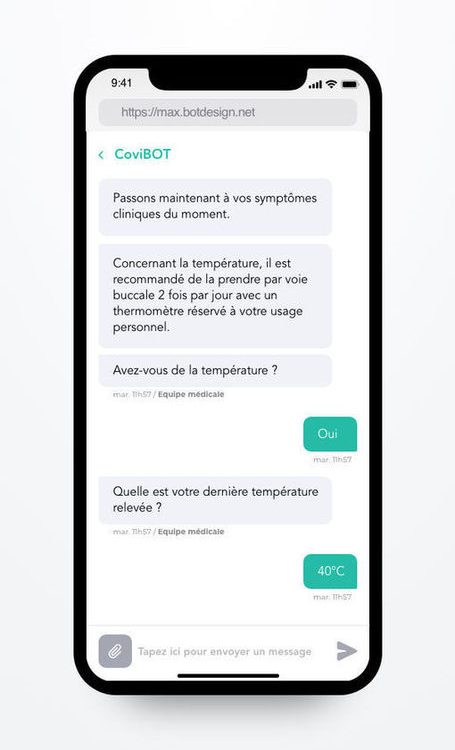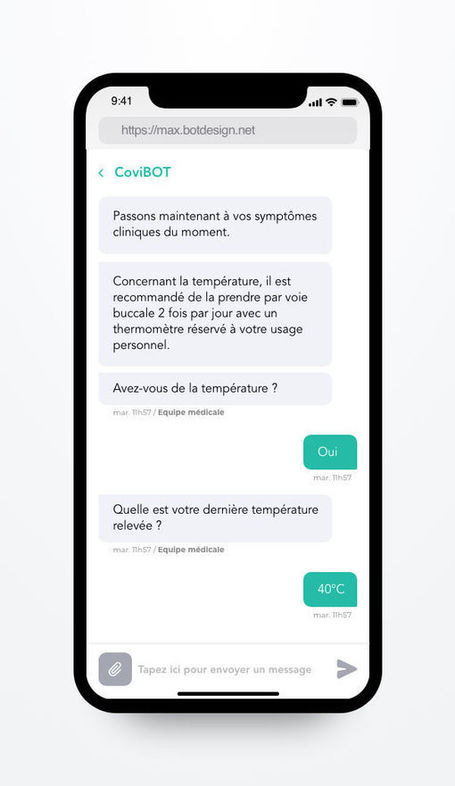Scoop.it
L'agence de calcul intensif GENCI indique que plus de 20 projets scientifiques européens sur les traitements du Covid-19 sont rendus possibles grâce à la puissance des supercalculateurs français Joliot-Curie et Occigen. Parmi ces projets, on trouve des recherches sur les médicaments antipaludiques, la simulation de différentes protéines…
Source: www.usine-digitale.fr
As the world has united against a common enemy – Covid-19, the industry often associated with moving fast and breaking things has begun moving fast to fix things. From Elon Musk promising to make ventilators to IBM providing access to supercomputers, and countless other examples, the tech industry has rallied brands big and small to combat the virus.
In the last month, the tech industry has united to extend their funds, their production capabilities and even new technologies to help face this global threat. While some of the solutions were merely short-term fixes for immediate problems, many will undoubtedly have long-lasting effects on how we will find, diagnose and care for the sick. Already, AI has proved effective at tracking viral spread, managing patient requests and improving patient experience.
Tracking and analysis
This global pandemic is by no means the first instance where AI has been used to analyze, track, predict and combat a threat. It is however, the biggest and most global example of its use in tracking illness. China quickly mobilized a range of technology including thermal scanners to identify individuals with high body temperatures to extrapolate and feed their AI tracking. In Canada, AI-powered interventions company BlueDot, warned of the emerging threat even before the Centers for Disease Control did. The algorithm sifted through reams of information ranging from news media reports to animal disease networks to identify a “flu-like outbreak.”
Source: medcitynews.com
As part of IBM’s approach to combating COVID-19 with technology solutions that enable more trustworthy information, accelerated discovery, resiliency, and adaptation, the company today announced IBM Rapid Supplier Connect, a blockchain-based network designed to help government agencies and healthcare organizations identify new, non-traditional suppliers who have pivoted to address the shortage of equipment, devices, and supplies needed for COVID-19 relief efforts.
Availability/Cost
Rapid Supplier Connect is available at no cost until August 31, 2020, to qualified buyers and suppliers in the United States and Canada. Suppliers and buyers currently joining the network include hospitals and other organizations such as Northwell Health, New York’s largest healthcare provider, and The Worldwide Supply Chain Federation, which is onboarding more than 200 American suppliers from its 3,000 global community members.
IBM Rapid Supplier Connect Features & Benefits
With healthcare workers and other first responders feeling the impact of supply chains disrupted by unprecedented challenges, many large and small businesses from outside the traditional healthcare procurement system are reconfiguring to mass-produce masks, gowns, and other essential supplies. In order to begin purchasing from them at scale, buyers—including hospitals, state procurement divisions, pharmacies, and others — need help identifying these new suppliers, efficiently vetting and on-boarding them, and understanding their real-time inventory availability. The network also helps identify existing supplies and excess inventory going unused, allowing hospitals to make it available to others and redirect supplies where they are needed most.
Source: hitconsultant.net
La start-up toulousaine Botdesign, spécialiste du chatbot médicalisé, développe de nouvelles solutions adaptées au contexte de la crise sanitaire du coronavirus. A son actif : un dispositif de télésuivi pour le centre régional de référence Maladies Rares SLA et Maladies Neuromusculaires à Toulouse, avec en projet un déploiement à l'échelle nationale.
Source: www.usine-digitale.fr






